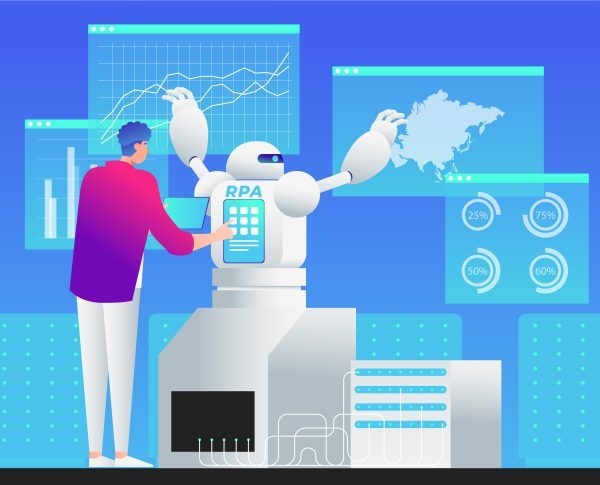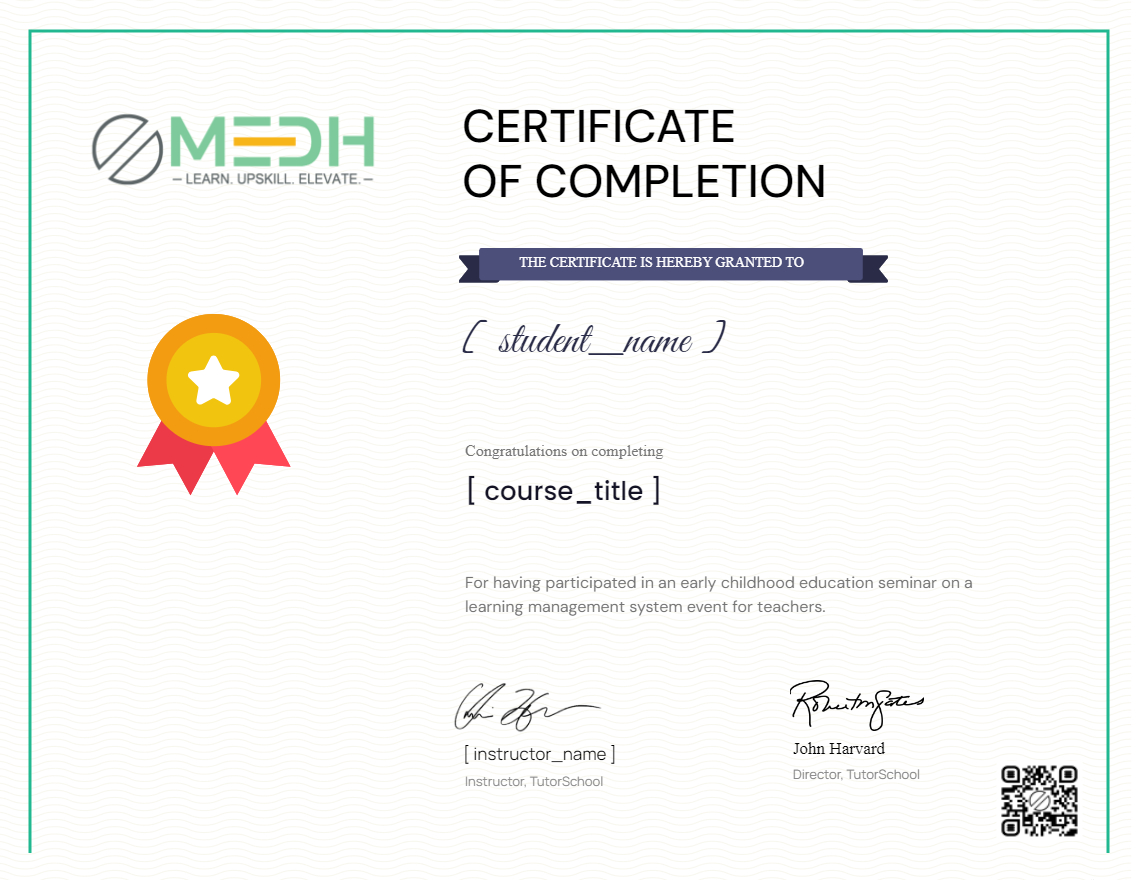DURATION
8 months / 32 weeks
ONLINE SESSIONS
64 (60-90 min each)
MODE
Live Online

About Course
Curriculum
Chapters & Topics
Weeks 1-2: Introduction to AI and Data Science
– Scope and Significance of AI and Data Science Across Diverse Industries
– Distinctions between AI Engineers, Software Engineers, and Data Scientists
– Future in AI, Machine learning, and Data Science
– Generative AI, LLM (Large Language Models), and Image Generation
Weeks 3-4: Python Fundamentals
– Data Types & Operators, Control Structures – If-Elif Statement
– Control Structures – For Loop
– Control Structures – While loop
– String Functions and Operations
Weeks 5-6: Python Data Structures
– Comprehensive Study of Lists and their Function
– Understanding Tuples and their Functionality
– Exploring Dictionary and its Functions
– Leveraging Sets for Unique Data Handling
Weeks 7-8: Python Deep Dive
– Mastering Python Functions and their Application
– Understanding Functional Arguments and their Implementations
– Learning Robust Error Handling Techniques
– Understanding Regular Expressions (Regex) for Pattern Matching
Weeks 9-10: Python Frameworks Library for Data Science & Analysis
– Introduction to NumPy: Numeric Computing with Python
– Exploring NumPy Broadcasting for Efficient Array Operations
– Introduction to Pandas
– Pandas Functionality for Data Analysis and Manipulation
Weeks 11-12: Data Analysis
– Data Storytelling with Matplotlib
– Exploratory Data Analysis (EDA) Techniques and Approaches
– Exploring Databases, Different Models and Use Cases
– Understanding NoSQL Databases and MongoDB, and its Benefits in Data Analysis
Weeks 13-16: Data Visualization with Tableau
– Introduction to Tableau and Data Visualization Techniques (Charts, Heat Maps, Tree Maps, and Box Plots)
– Interactive Dashboards, Compelling Data Stories, Blending and Joining
– Advanced Analytics and Forecasting (Trend Lines, Clustering, and Predictive Modeling etc.)
– Recap, Project, Assessment and Certification
Weeks 17-20: Probability and Statistics
– Probability and Types of Events
– Types of Statistics (Descriptive & Inferential); Types of Data (Qualitative, Qunatitative, & Outliers)
– Backpropagation
– Measure of Central Tendency – Mean, Mode, Median
– Measure of Spread – Range, Variance, Standard Deviation and IQR, Hypothesis Testing
Weeks 21-24: Machine Learning (ML) Fundamentals
– Introduction to Machine Learning
– Types of Machine Learning: Supervised, Unsupervised, and Reinforcement
– Linear Regression
– Logistic Regression
Weeks 25-28: Machine Learning (ML) Advanced
– Evaluation Metrics
– Decision Trees, Random Forests
– Support Vector Machines (SVM)
– Dimentionality Reduction using Principal Component Analysis (PCA)
Weeks 29-32: Generative AI
– Core Principles of Generative AI, Prompt Engineering and ChatGPT
– Large Language Models (LLM)
– Generative Adversarial Networks (GANs)
– Recap, Project, Assessment and Certification
Tools & Technologies You Will Learn in this Course, Aligning with Industry Standards
– Programming and Development Environments: Python
– Data Manipulation and Analysis: NumPy, and Pandas
– Data Visualization: Matplotlib, and Tableau
– Databases: MongoDB
– Scientific Computing: SciPy
– Machine Learning and Deep Learning: Scikit-Learn
– AI and Language Models: ChatGPT, and Prompt Engineering
Bonus Module (Job / Professional Readiness)
– Soft Skills Development
– Networking strategies and building a professional online presence
– Address Specific Career Goals and Valuable Advice for Navigating the Job Market
– Professional Resume and Interview Preparation
– Job Assistance through Medh Placement Cell
Assessment, Evaluation & Certification
– Weekly quizzes to gauge comprehension of key concepts
– Practical Hands-on Assignments and Thorough Evaluation
– Active Engagement in Group Discussions
– Capstone Project
– Certification upon course completion
Note: This curriculum is subject to minor modifications based on the class progress and feedback. Each course is designed to incorporate a mix of interactive activities, case studies, role plays, and reflective exercises to cater to the specific needs and developmental milestones of the respective age group.
Schedule a No-Cost Counselling Session
FAQs
What is the primary focus of the 6 months Advance Certificate course in AI with Data Science?
The course aims to provide participants with an in-depth understanding of advanced artificial intelligence and data science concepts, methodologies, and practical applications, enabling them to pursue career opportunities in these fields.
What are the prerequisites for enrolling in the 6 months Advance Certificate course?
While specific prerequisites may vary, participants are generally expected to have a foundational understanding of data analytics and programming languages such as Python or R. Prior exposure to basic machine learning concepts could also be beneficial.
How is the course delivered, and what is the expected time commitment?
The course is typically delivered through a combination of online lectures, practical assignments, and interactive sessions. Participants are expected to dedicate approximately 4-6 hours per week to accommodate learning and completion of assignments.
What are the key topics covered in the 6 months Advance Certificate course?
The course covers advanced topics such as deep learning, natural language processing, predictive modeling, big data analytics, and AI-driven decision-making processes. Participants also gain hands-on experience with advanced data science tools and techniques.
What practical skills can participants expect to develop during the course?
Participants will develop advanced skills in designing and implementing AI algorithms, conducting complex data analysis, leveraging big data technologies, and developing advanced predictive models for real-world applications.
What type of certification will be awarded upon successful completion of the 6 months Advance Certificate course?
Participants who successfully complete the course will be awarded an internationally recognized Advance Certificate in AI with Data Science, validating their advanced expertise in these domains.
How will this Advance Certificate course benefit professionals seeking career advancement in AI and data science?
The course equips professionals with advanced knowledge and practical skills, preparing them for leadership roles, strategic decision-making positions, and specialized roles in data-driven organizations.
Are there opportunities for networking and industry engagement as part of the course?
The course may offer opportunities for participants to engage with industry experts, peers, and mentors, facilitating valuable networking opportunities within the AI and data science community.
How will the learning outcomes of the Advance Certificate course prepare participants for specialized roles or further career advancement?
The course’s advanced curriculum and practical focus prepare participants for specialized roles in AI and data science, providing them with the expertise required to address complex industry challenges and drive innovation.
What are the career prospects for individuals completing the 6 months Advance Certificate course in AI with Data Science?
Completing the Advance Certificate course opens doors to advanced career opportunities in AI, data science, machine learning, and related fields, positioning participants for roles that require advanced expertise and practical skills.
Note: If you have any other questions or concerns not covered in the FAQs, please feel free to contact our support team, and we’ll be happy to assist you!
Earn a certificate
Add this certificate to your resume to demonstrate your skills & increase your chances of getting noticed.

Select Enrollment Type i Lorem Ipsum
- EMI Options
- Certification
- Efforts
- Sessions
- Assignments
- Quizzes
- Projects

